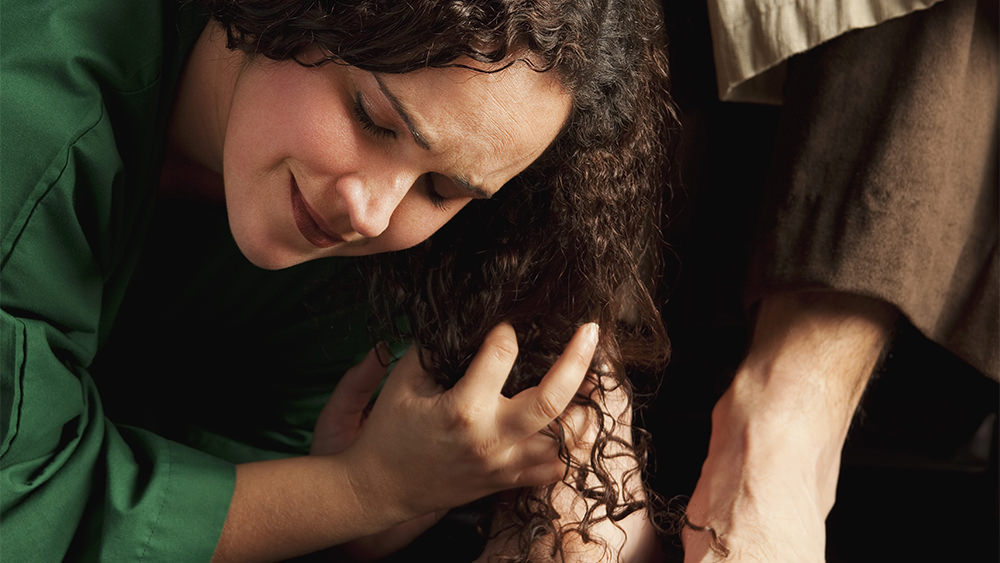She Did What She Could

Then she broke the flask and poured it on His head. But there were some who were indignant among themselves, and said, “Why was this fragrant oil wasted? For it might have been sold for more than three hundred denarii and given to the poor.” And they criticized her sharply. But Jesus said, “Let her alone. Why do you trouble her? She has done a good work for Me. For you have the poor with you always, and whenever you wish you may do them good; but Me you do not have always. She has done what she could. She has come beforehand to anoint My body for burial…” (Mark 14:3-8).
During the week prior to the crucifixion, Jesus spent a lot of time preparing His disciples for His death. In light of this revelation, what could anyone do? When Jesus brought it up in Caesarea, Peter rebuked Him, but what could his reproof avail (Matthew 16:21-23) if even Jesus’ earnest prayers mingled with blood could not effect the removal of the cup of His suffering (26:39-44), and if an angelic rescue—though available (26:53)—would only defeat His mission? Considering all that could not be done, a mood of desperation set in (cf. John 14:1), and yet one woman found something she could do: if she could not prevent His death, she could at least anoint His body for burial! When these great men could do nothing, this woman did what she could, and her work lives forever in holy Writ, as do other women like her.
Rahab did what she could. When Israel marched around Jericho and the mighty men of the city were too fearful to venture outside its strong walls (Joshua 2:9-11), what could a harlot do? Because she feared God and harbored Israel’s spies, she was rewarded with her life, the lives of her family members, a perpetual home in Israel, and a lasting tribute in faith’s hall of fame (Hebrews 11:30-31).
Ruth did what she could. Refusing to let her beloved mother-in-law return desolate to her homeland, Ruth went with Naomi, but what could a poor widow from Moab do to help? Ruth gleaned in the fields of Boaz until the end of the barley harvest and so provided for her mother-in- law (Ruth 2:23), but what then? By God’s providence, Ruth soon married the man in whose fields she had labored and bore him a son named Obed (Ruth 4:17), grandfather of David the king (vs. 21). Boaz was a wealthy man in spite of the fact that his mother had once lived as a harlot in the Canaanite city of Jericho (cf. Matthew 1:5), and God brought to his side an exiled widow who had been living in the pit of despair. From these two, God would raise up the Messiah, the hope of the world!
If you still do not think God can do anything with you, consider one more example. When Jesus entered a Pharisee’s house by invitation, a woman known for her sins followed Him (Luke 7:36-37), much to His pompous host’s dismay. As this woman prostrated herself at the Lord’s feet, she noticed that they were dirty, but what could she do about it? She had no water, no basin, no towel—none of the things she would need to do what ought to be done. The Pharisee offered no water although he could have (vs. 44), but this woman improvised, using her penitent tears for water and her own hair as a towel.
No one can do it all, but have you done what you could?
Copyright © 2016 by Roby Ellis, in The Elizabethton Edifier, March 6.

